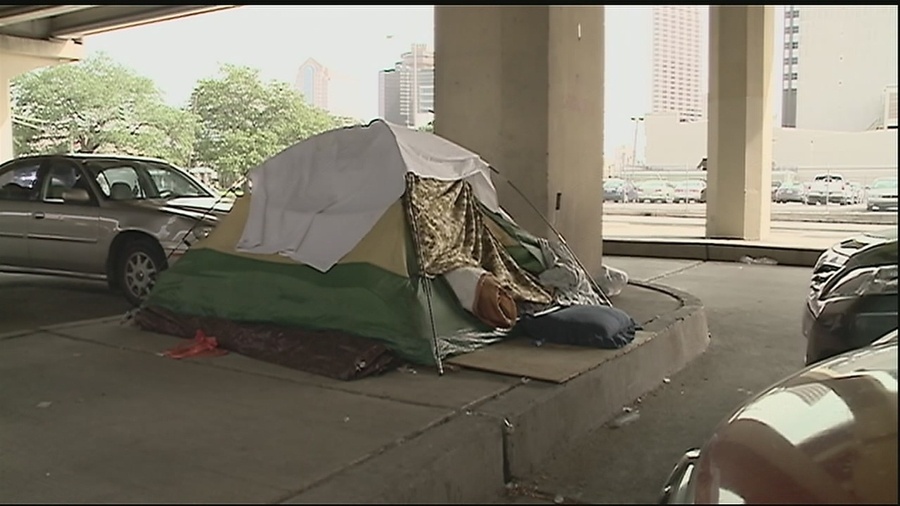
By Nathalie Clarke
In many cities in the United States, gentrification has been threatening the housing security of workers. New Orleans is no exception–on average, 4.22 evictions occur every day according to Princeton University’s Eviction Lab. And this number refers only to official evictions, those ordered by a judge, which means it’s definitely an underestimate of how many working-class families wind up homeless. Most tenants know all too well that landlords can also informally evict tenants by paying them to leave or locking them out of their property. These eviction rates are all the more disturbing because in the United States, 75 percent of qualified families do not receive federal housing aid and one in four poor renting families is spending over 70 percent of income on rent and utilities.
Loyola University law professor Davida Finger wrote in the Advocate : “The vast majority of tenants hauled into court on eviction matters are not represented by attorneys and eviction hearings can be completed in a matter of minutes. My research on First City Court evictions over the last several years shows that from 2015, the annual number of eviction cases filed has increased steadily each year. An analysis of demographic information in census bureau tracts where evictions are most heavily ordered shows that Orleans neighborhoods that are primarily African-American are more likely to have higher numbers of evictions ordered.“
In New Orleans, landlords and city officials alike have let gentrification run rampant. Historic working-class neighborhoods like the Bywater and the Treme have become artists’ hubs with accordingly high rents. The price of one-bedrooms increases by 2% every month, and 9.6% every year. Although costs of living in the city are steadily increasing, wages have not risen accordingly. Louisiana is among five states that rely exclusively on the federal minimum wage, which hasn’t been raised since 2009 although it’s lost 9.6% of its value due to inflation.
Basically, workers are earning less, and paying more, which means they often have to work several jobs just to be able to afford a modest home close to their workplace. With workers’ purchasing power decreasing as their costs of living rise, families become more and more at risk of being late on their rent. In Louisiana, landlords don’t need to give their tenants a grace period, and can charge them late fees or give them a five-day notice to vacate, even if tenants are only a day behind.
Recent studies show that to live comfortably in the Big Easy, a family needs to make at least $60,782. Meanwhile, the median household income in New Orleans is $36,964–$23,818 short of what’s needed to live comfortably. Most workers spend 50% or more of their budget on housing, according to the Greater New Orleans Fair Housing Action Center. The National Alliance to End Homelessness found that between 2015 and 2016, 6% more people were at risk of becoming homeless because of rent burden.
Why are rents skyrocketing? Part of it is the many once long-term residences being converted into short-term Airbnb rentals for tourists, which benefits landlords at the expense of tenants. The other part is a worldwide trend in late capitalism, gentrification, whereby older, affordable neighborhoods are being invaded by wealthy, educated hipsters who move in and push out long-term residents.
For the rich, the housing crisis has obvious advantages. Not only can landlords make more money by charging more for rent, but even restaurant owners and other rich bosses get a piece of the pie: workers fearing eviction and homelessness will put up with more exploitation at work and will be more afraid to organize. What they forget is that the more they keep us oppressed under the boot of economic exploitation, the less we have to lose. With their endless attacks on our basic rights, the rich bosses simply fuel our fury and are creating a force to be reckoned with. The workers from every industry create the wealth of this city; we will not continue to accept less than what we deserve. Our brothers and sisters currently unionizing in fast food chains, restaurants, bars, and hotels leave the bosses trembling, and we will continue to fight until we break our chains and their world crumbles
